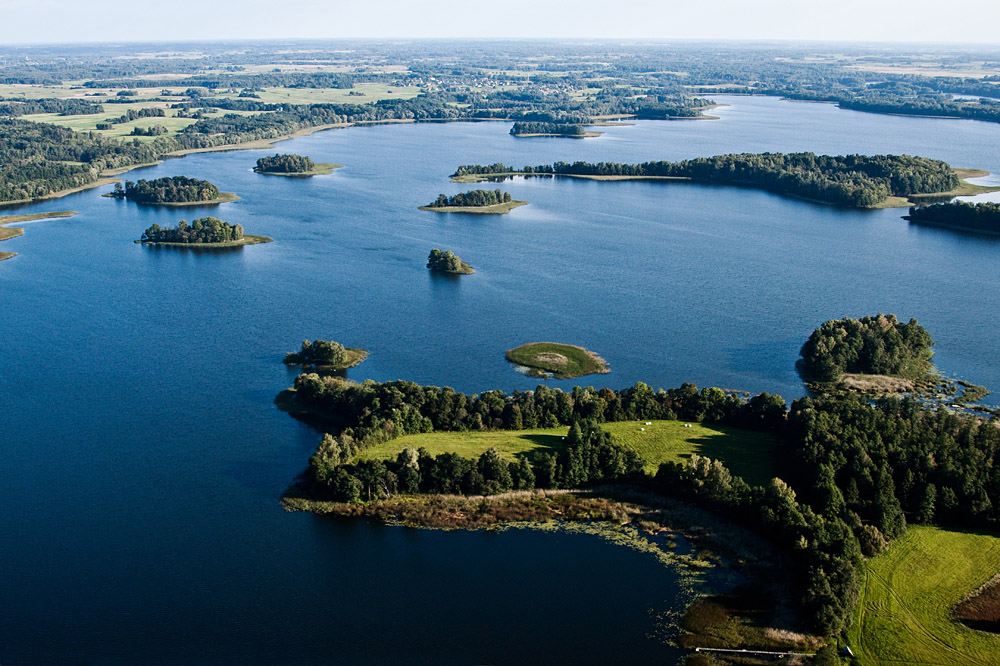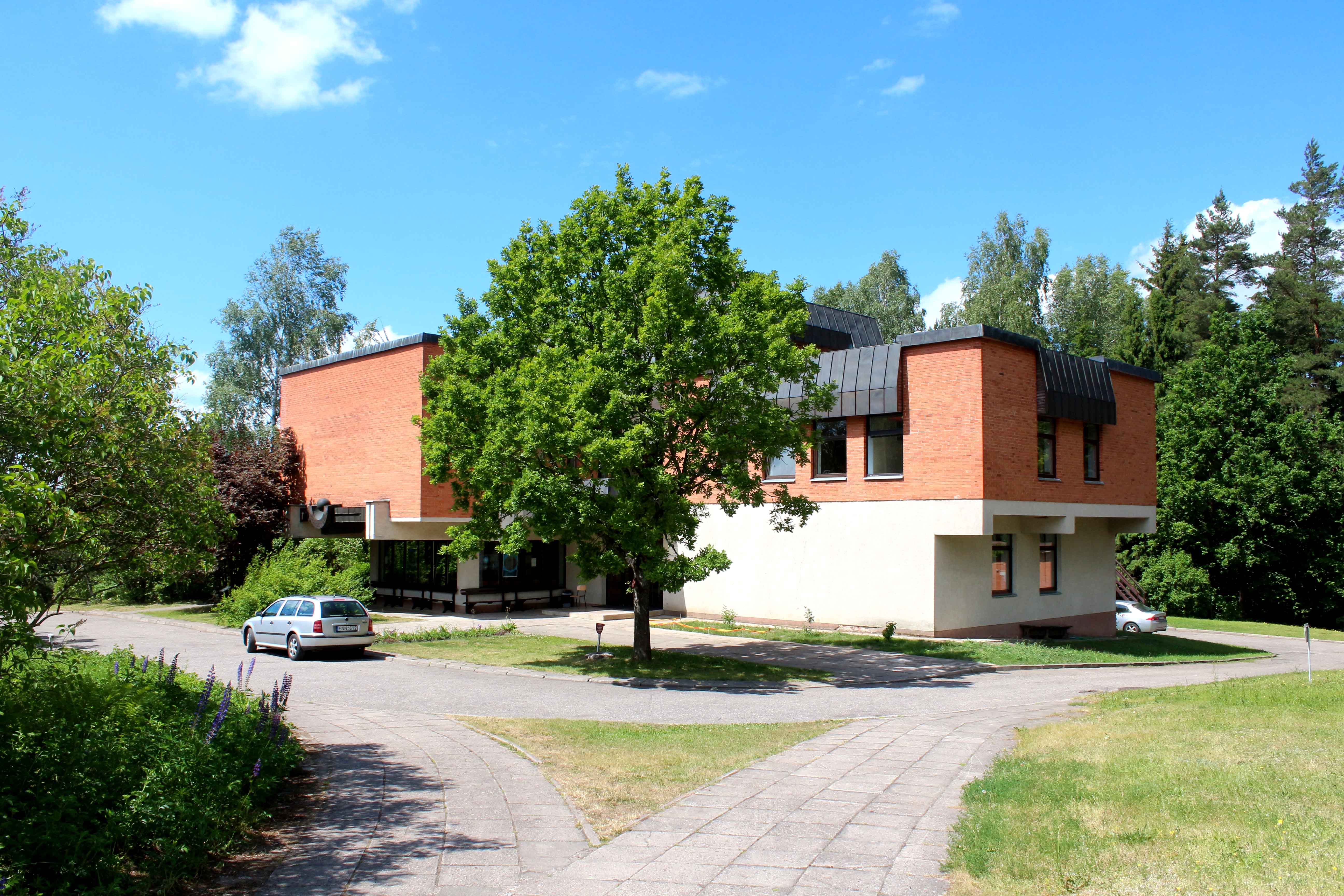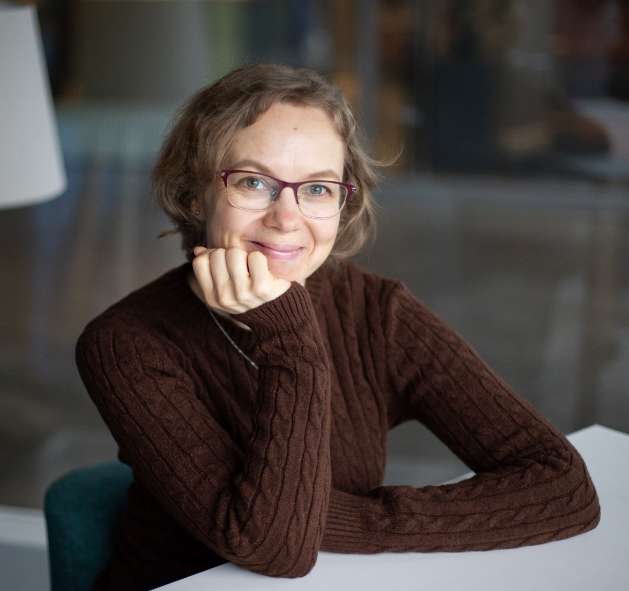| Partners |

|
| Europlanet Astrobiology Workshop 2025 |
|
This workshop aims to provide an introduction to the fascinating world of tardigrades and their relevance in astrobiology. Through a combination of lectures and hands-on activities, participants will explore the biology of these microorganisms, known for their ability to survive extreme conditions, from freezing temperatures to exposure to the vacuum of space. Their role in astrobiological research will be discussed, highlighting experiments conducted in space and their potential to aid in the search for extraterrestrial life. Water bears, also known as tardigrades, are very small, segmented animals. The largest species is just over one millimetre in length. Water bears live in temporary ponds and droplets of water in soil and on moist plants. They are known to survive under conditions that would kill most organisms – they can withstand temperatures ranging from -272 deg C to +150 deg C, they can be without water for a period of 10 years, and they are extremely resistant to radiation. Online participation Theoretical part of the course will be streamed. If you wish to participate online, please state that in the application form. Participants Financial support Trip Vilnius - Observatory, lodging and food in Molėtai observatory will be provided by Europlanet and Vilnius university for everyone. The financial support for trip to and from Lithuania can be allocated by our partners:
Key dates:
* More information concerning the reimbursement will be provided for the selected participants personally. If you have more questions: Venue The course is held at the Molėtai Observatory the town with the same name (around 70 km from Vilnius). Last day activities will be held in Life Sciences Center of Vilnius University.   Accommodation All participants will be housed in double and triple rooms at the Molėtai Observatory. There will be one bathroom for 2 or 3 rooms. Linen and towels will be provided. Rooms are not too large, so please do not bring your whole household with you. Your presentations and posters You're welcome to choose either a poster or a talk format for your presentation. We’re excited to learn more about your research or interests—your topic doesn’t need to be directly related to astrobiology. The abstract is simply a way for us to get to know you better and understand your background.
|

| Organizing committee |
|
Scientific Organizing Committee (SOC):
Arnas Drazdauskas Instructors: Cintia Cabada Malvar (Spain) |
| Programme |
|
Europlanet Tardigrade Workshop – Space and Astrobiology September 18–20, 2025
Thursday, September 18 – Molėtai AO
Friday, September 19 – Molėtai AO
Saturday, September 20 – Life Sciences Center, Vilnius
(Optional activities to be confirmed**):
|
| Lecturers |
|
Instructors
|
|||||||||
| Participants |
|
|||||||||||||||||||||||||||||||||||||||||||||||||||||||||||||||||||||||||||||||||||||||||||||||||||||||||||||||||||||||||||||||||||||||||||||||||||||||||||||||||||||||||||||||||||||||||||||||||||||||||||||||||||||||||||||||||||||||||||||||||||||||||||||||||||||||||||||||||||||||||||||||||||||||||||||||||||||||||||||||||||||||||||||||||||||||||||||||||||||||||||||
Online posters
Astrobiology E-waste Poster
Presenters: Gerald Kihara Muchiri
Affiliations: Rhodes University
Stem Cell Based Models for Investigating Effects of Space Radiation
Presenters: Laura Milaknytė (1), Eglė Čekanavičiūtė (2), Robert G. Hinshaw (2)
Affiliations: (1) Vilnius University, (1) NASA I2 International Internship Program, (2) NASA Ames Research Center, Space Biosciences Division
Proteins of stars : towards a synthetic tardigrade
Presenters: Androniki Karaniadi
Affiliations: University of Thessaly
The Impact of Spaceflight Conditions on Circadian Rhythms: The Role of Light, Magnetic Fields, and Health Implications
Presenters: Alan Żmuda (1)
Affiliations: (1)Graduate of the Faculty of Biology at the Jagiellonian University in Krakow, (2)Graduate of the Leon Kozminski Academy at the Space Research Center, (3) Polish Astrobiological Society
Pangenomic analysis of thermophiles
Presenters: Iouliana Parisi (1), Alexios Loukas (2), Ilias Kappas (3)
Affiliations: (1) Aristotle University of Thessaloniki, (2) Aristotle University of Thessaloniki, (3) Aristotle University of Thessaloniki
The stellar evolution of G-type stars
Presenters: Sol Castillo Ruiz
Affiliations: University of Barcelona
The Effects of Microgravity on Bone Regeneration in Mice
Presenters: Bartė Žiliukaitė (1)
Affiliations: (1) Vilnius University
Cognition in Space: Insights from the NASA Twins Study
Presenters: Elise De Coster
Affiliations: UCLouvain
Genetic Adaptation Strategies for Humans Inspired by Extremotolerant Organisms
Presenters: Hanna Eerikkilä
Affiliations: Uppsala University
| ESA Academy scholarship |
|
The ESA Education Office is pleased to sponsor up to 5 tertiary education students to attend the Europlanet Astrobiology Workshop 2025 in the frame of the ESA Academy Short Course Scholarship programme. The partial scholarship will cover travel costs to and from Lithuania up to EUR 350 which will be reimbursed via a single bank transfer after the course and will be paid upon submission of receipts.
Priority will be given to students who have less than 2 years of professional experience and have never taken part in an activity sponsored by the ESA Education Office. ESA is committed to achieving diversity and creating an inclusive environment. To this end, applications from all eligible candidates irrespective of gender, sexual orientation, ethnicity, beliefs, age, disability, social origin, or other characteristics are welcome. |



